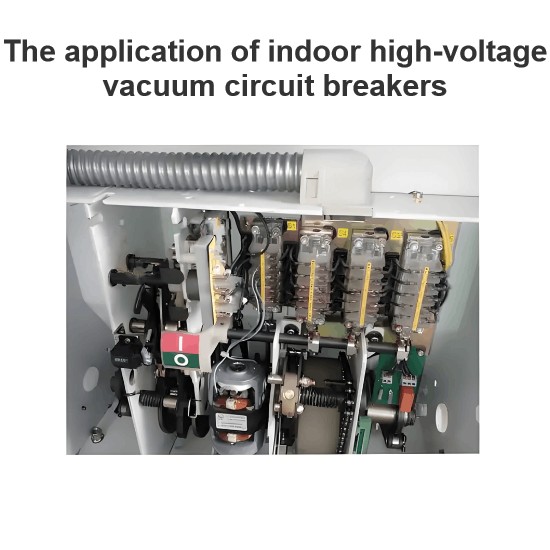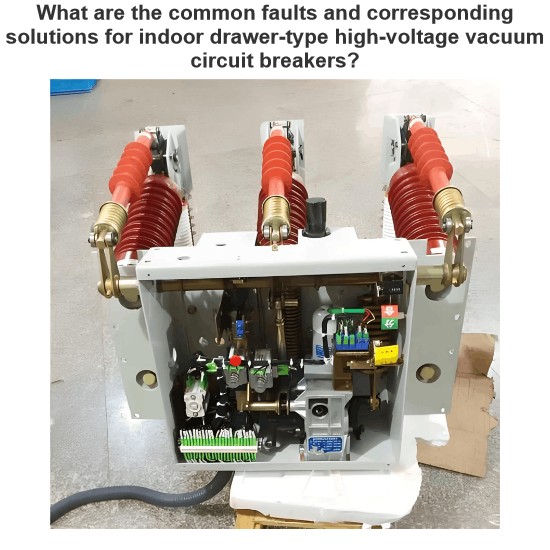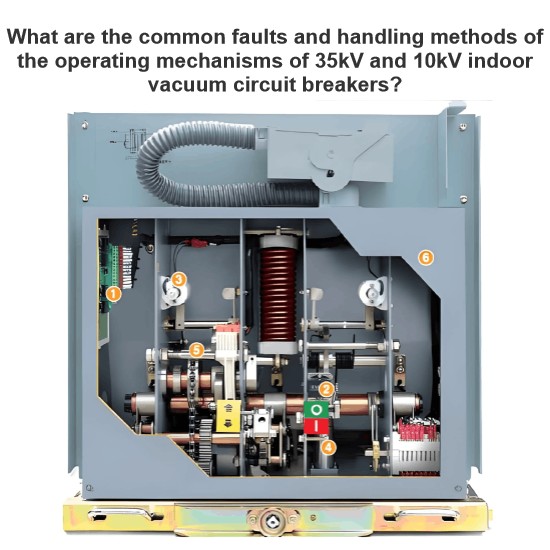Whether AC circuit breaker can be used for DC circuit ?
AC circuit breakers (AC circuit breakers) are mainly used to protect devices in AC circuits from overload, short circuit, or ground faults. However, if an AC circuit breaker is to be used in a direct current circuit (DC circuit), several key factors need to be considered:
Type of circuit breaker
AC circuit breaker (AC) : Circuit breakers designed for AC power rely on the natural zero crossing of AC power when cutting off current. Alternating current has two zero crossing points in each cycle, which helps to break the arc and extinguish the arc.
Direct current circuit breaker (DC) : There is no natural zero crossing of direct current, so the circuit breaker must be able to cut off the current at any point in time, and special arc extinguishing technology is required to prevent the continuous burning of the arc.
Arc breaking capacity
Ac circuit: When the AC circuit breaker cuts off the current, the arc will be naturally extinguished at each zero crossing, which helps the circuit breaker cut off the current.
Direct current circuit: DC circuit breakers need to be designed with a special arc extinguishing mechanism, because there is no natural zero crossing in direct current, the arc is not easy to be extinguished, which may lead to equipment damage.
Design variance
Arc extinguishing technology: AC circuit breakers usually use simple arc extinguishing technology, such as magnetic blowout or air blast.
Dc circuit breakers: More sophisticated interrupter techniques may be required, such as a vacuum interrupter, SF6 gas (sulfur hexafluoride) interrupter, or other interrupter techniques specifically designed for direct current.
Operating characteristics
Current waveform: AC circuit breakers are designed to take into account the waveform of alternating current, while DC circuit breakers take into account the characteristics of direct current.
Time-current characteristics (TCC) : The time-current characteristics of AC circuit breakers may not be suitable for the requirements of direct current circuits.
Specifications and standards
Ratings: AC circuit breakers and DC circuit breakers have different ratings, including rated current, rated voltage, and breaking capacity.
Standards: AC circuit breakers and DC circuit breakers comply with different international or national standards, such as IEC, UL, etc.
Application scenario
Ac circuit: AC circuit breaker is suitable for household appliances, industrial motors, lighting systems and other AC circuits.
Direct current circuit: DC circuit breaker is suitable for solar system, electric vehicle, communication equipment, data center and other direct current circuit.
Feasibility
In principle, AC circuit breakers are not recommended for direct current circuits, because their design and working principle do not match the characteristics of direct current. Using AC circuit breakers to protect the DC circuit may cause the following problems:
Failure to extinguish arc: The current cannot be effectively cut off, resulting in persistent arc.
Equipment damage: Failure to turn off the current properly may result in overheating or damage to the equipment.
Safety risk: Increased risk of fire and electric shock.
Suggestion
For direct current circuits, it is recommended to use a circuit breaker specifically designed for direct current (DC circuit breaker) to ensure the safe and reliable operation of the equipment.
Sum up
Ac circuit breakers are usually not suitable for direct current circuits because their design and working principle do not match the characteristics of direct current. If you need to use a circuit breaker in a direct current circuit, choose a circuit breaker designed for direct current.
The Electricity Encyclopedia is dedicated to accelerating the dissemination and application of electricity knowledge and adding impetus to the development and innovation of the electricity industry.













